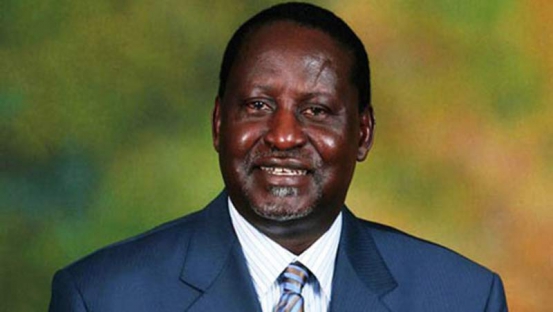
Kenyans in the diaspora who support National Super Alliance (Nasa) presidential candidate Raila Odinga have disputed the Ipsos Synovate’s polls survey released recently pitting President Uhuru Kenyatta of Jubilee and Raila.
They pointed out that if the May 31st, 2017 poll survey is critically scrutinized, it lacks merit.
Forensic analysis looked unauthentic. It appeared to favour the current government. Dr Tom Wolf, of Ipsos however ignored the fact that Jubilee runs the government and Nasa does not and that nothing changed in terms of political dynamics since the last election," said Robert Ndede, a Kenyan researcher in a New York polling firm.